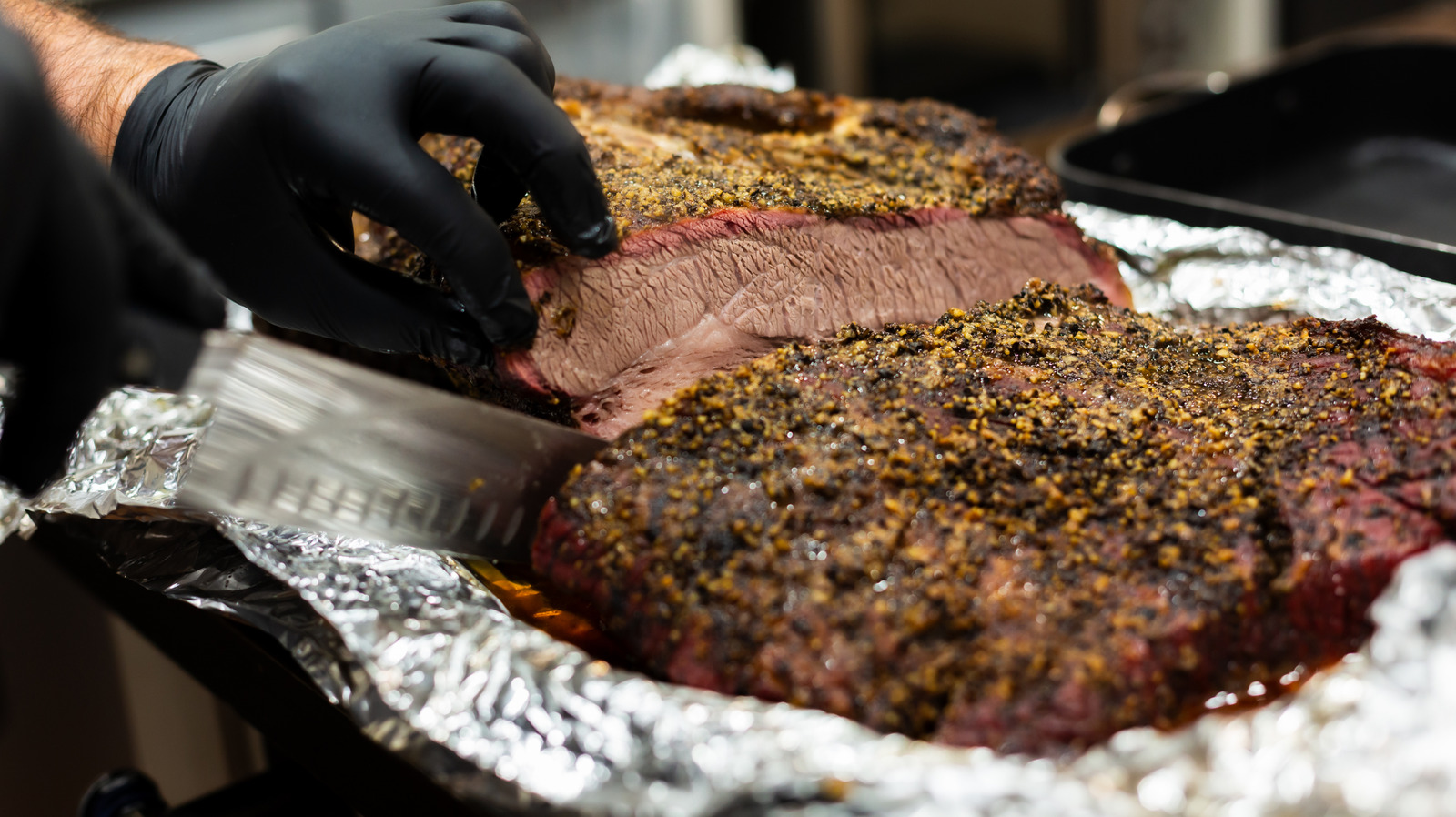
"As it turns out, there's a hard limit on how much smoke a slab of meat can take. Once meat reaches an internal temperature of around 100 degrees Fahrenheit, it really doesn't take much more smoke - those pores close up."
"Instead of an extra-smoky slab of brisket, grill masters may be setting themselves up for bitter disappointment by leaving their BBQ on the smoker a bit longer than necessary."
"All that excess smoke doesn't just disappear. Instead, it builds up on the outside of the meat and becomes a thick layer popularly known as the 'bark.' The bark on an over-smoked cut of meat is typically bitter."
"Without knowing this limit exists, many grill masters fall prey to the myth that longer smoking equals smokier flavor, but truthfully, it can lead to over-smoked disappointment."
Barbecuing seems straightforward, but incorrect techniques can ruin food. A common misconception is that smoking meat longer enhances its flavor, but this is false. Meat can only absorb a limited amount of smoke; around 100 degrees Fahrenheit, pores close, preventing further absorption. Excessive smoking leads to a buildup of compounds on the meat's surface, creating a 'bark' that can turn bitter. Grill masters often over-smoke cuts expecting stronger flavor, but they may be disappointed by tough, overly smoky meats.
Read at Tasting Table
Unable to calculate read time
Collection
[
|
...
]